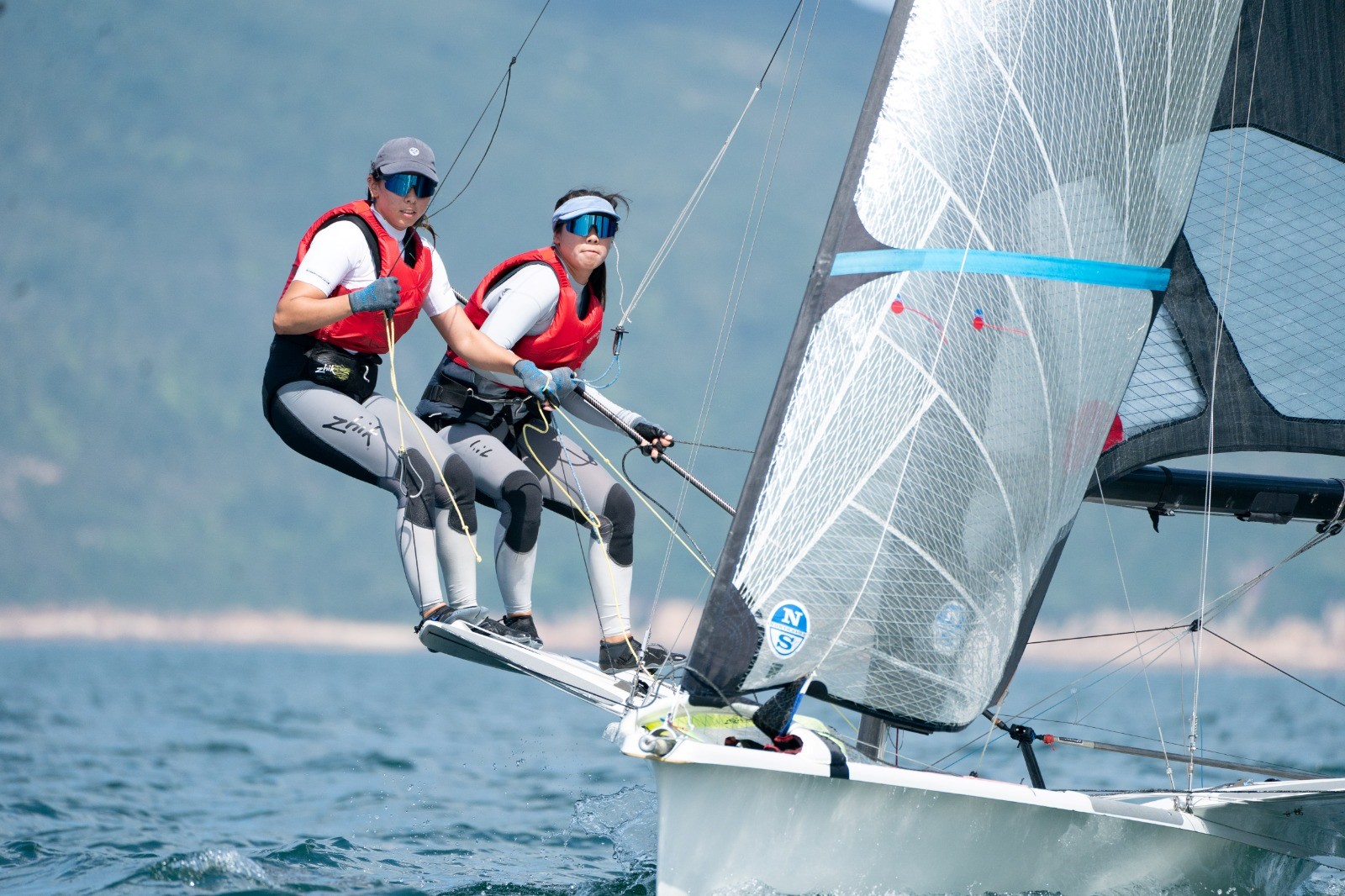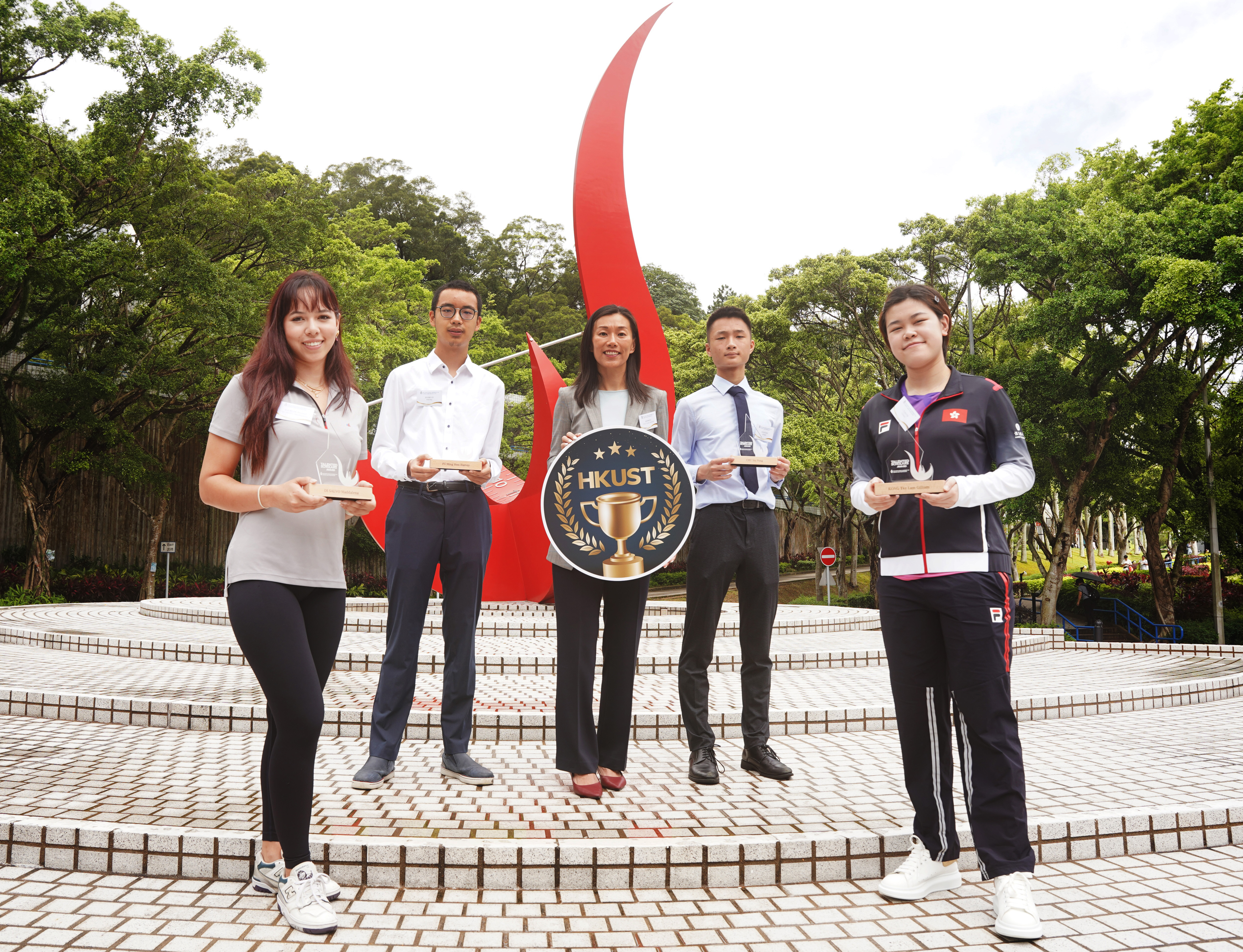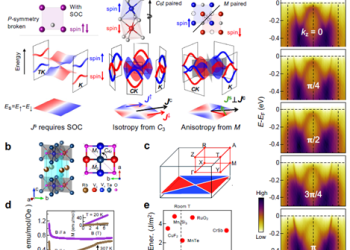HKUST’s Incoming Student Athletes and Inventors Set Their Sights on Eminent Goals
It was another typical day in this summer holiday. The sea along the Clear Water Bay was shimmering in the morning sunlight, and student sailor Maddalena Di SALVO – or “Maddy” as her friends affectionately call her – was ready to begin hours-long training with her coach and teammate. Travelling westward to Tin Shui Wai, student Joseph CHU poured his heart and soul into upgrading his invention at his high school’s laboratory – a hands-free tracking shopping cart designed for the elderly living in Hong Kong’s neighborhoods.
Come the academic year 2024/25, Maddy and Joseph will continue to pursue their different yet equally inspirational dreams at The Hong Kong University of Science and Technology (HKUST). They are among a cohort of more than 60 outstanding students admitted through two direct admission schemes: the Student-Athlete Learning Support and Admission Scheme (SALSA) and the School Nominations Direct Admission Scheme (SNDAS). Alongside their academic pursuits, the talents of these two students are poised to thrive through the University’s holistic education and personalized support.
A sailor struck by the fascination of engineering
“I was born a ‘water baby’ in the family, as my mum was pregnant with me while she escaped the Indian Ocean tsunami during a family Phuket trip in 2004,” recalled Maddy.
This incident proved life-altering for Maddy, who demonstrated an innate ability for water sports and started to learn swimming from around one year old. At the age of seven, she discovered the joy of sailing by taking a spontaneous suggestion from her mother’s friend.
“There is something about sailing that is so liberating. I feel so present and all the other thoughts and worries of my daily life just fade away,” she said and chuckled. Having considered sailing as a stress-relieving hobby in her first encounter with the sport, the little girl back then would not have imagined becoming a professional athlete in the Hong Kong sailing team when she turned 15.

But her professional sailing career soon collided with the Covid-19 pandemic, depriving her of opportunities to participate in competitions and mass group training during lockdown. Still, she found the pandemic’s silver lining – being freed from the daily schooling routine that enabled her laser focus on back-to-back duo training campaigns with her partner. During the most intense periods, she was undergoing six days’ practice on end, starting from 8 am.
“Sailing is not just a physical sport, there are also technique and tactics required. It can get very tedious with the boat work and you have to constantly monitor the boat systems and fix the mast settings,” she explained, adding that sailors also need to respond simultaneously to external conditions, such as the winds, the tides, and other boats in the vicinity.
The strenuous efforts she dedicated was eventually rewarded when her team broke records for Hong Kong in the 2022 Youth Sailing World Championships and was ranked as 5th in the 29er category, a new high achieved by the city’s players in that category. “We were training in isolation during the pandemic, and had not any benchmarks to compare ourselves with, so it was really surprising to see the level we had reached,” she remarked.
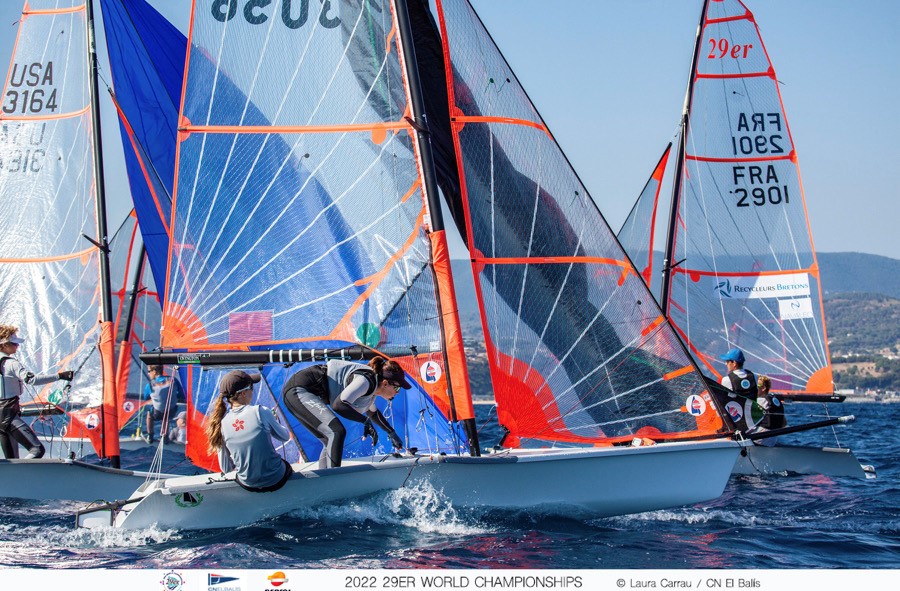
While aiming for the Asian Games in 2026 and Olympics in 2028, Maddy is now eager to commence her studies at HKUST. Having solidified her grasp of the mechanisms of her boat, she has developed a keen interest in engineering, and finds the University’s School of Engineering the ideal place with its research excellence in artificial intelligence and robotics.
“I am impressed by HKUST’s academic excellence and well-rounded support for student athletes,” said Maddy, who hopes to continue her studies of underwater robotics and facial recognition algorithms since high school. “I have been away from school for too long, I am just thirsty for learning in classes again!” she said with fits of laughter.
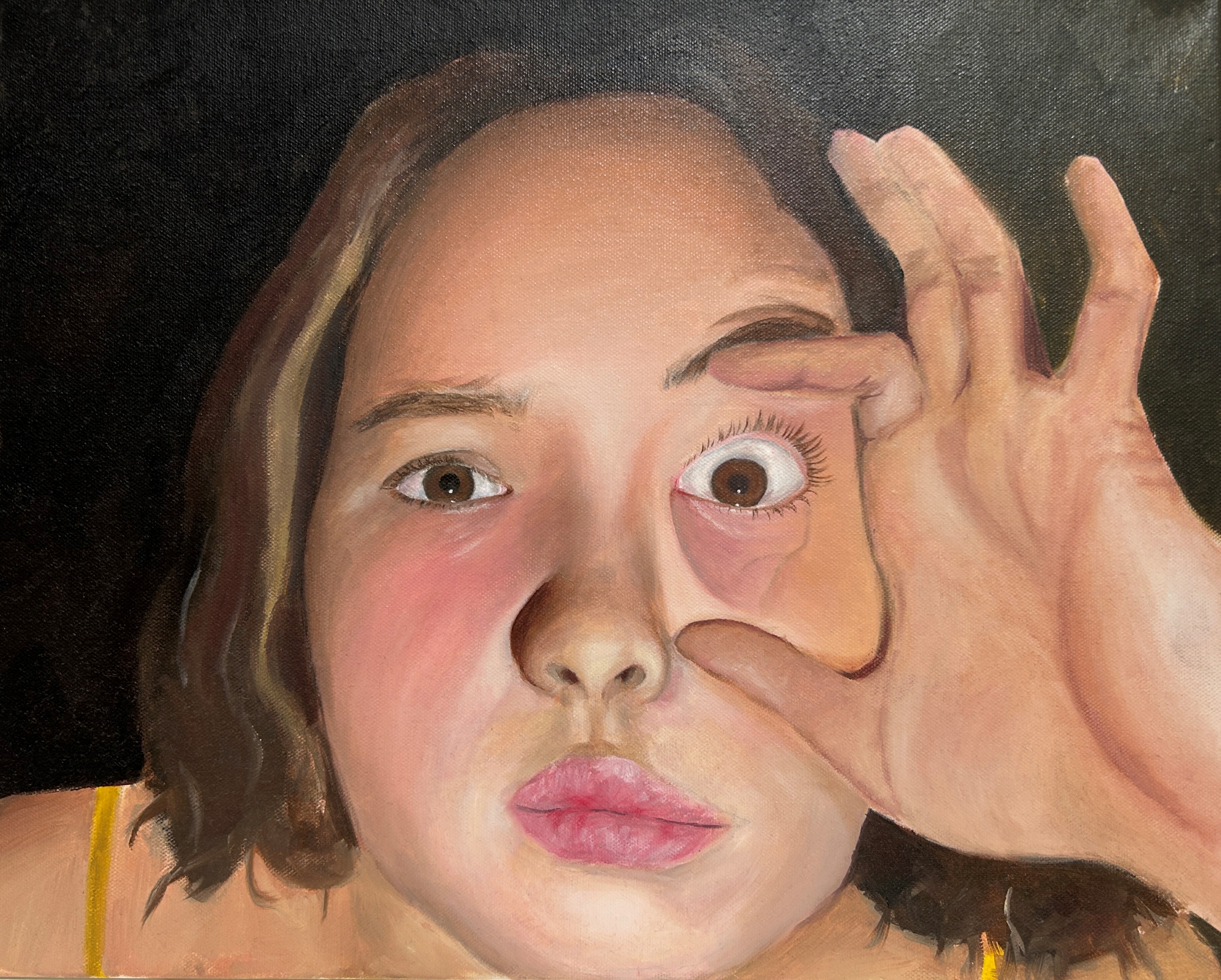
The young inventor driven to help the aging population
Offering a flexible curriculum across disciplines, the University’s Academy of Interdisciplinary Studies (AIS) has been a great appeal to students with boundless curiosity and entrepreneurial aspirations. Joining the AIS family is Joseph Chu, the inventor of the ‘hands-free tracking shopping cart’ who has decided to major in integrative systems and design.
Joseph first tasted the joy of invention in Form 2, when he was selected by his teacher to form a team of four which created their first shopping cart model. “There are many villages in the New Territories, where the elderly have to pull their shopping carts for a long distance to buy daily necessities, so I want to create an automated cart to help ease the daily hassle,” he said.
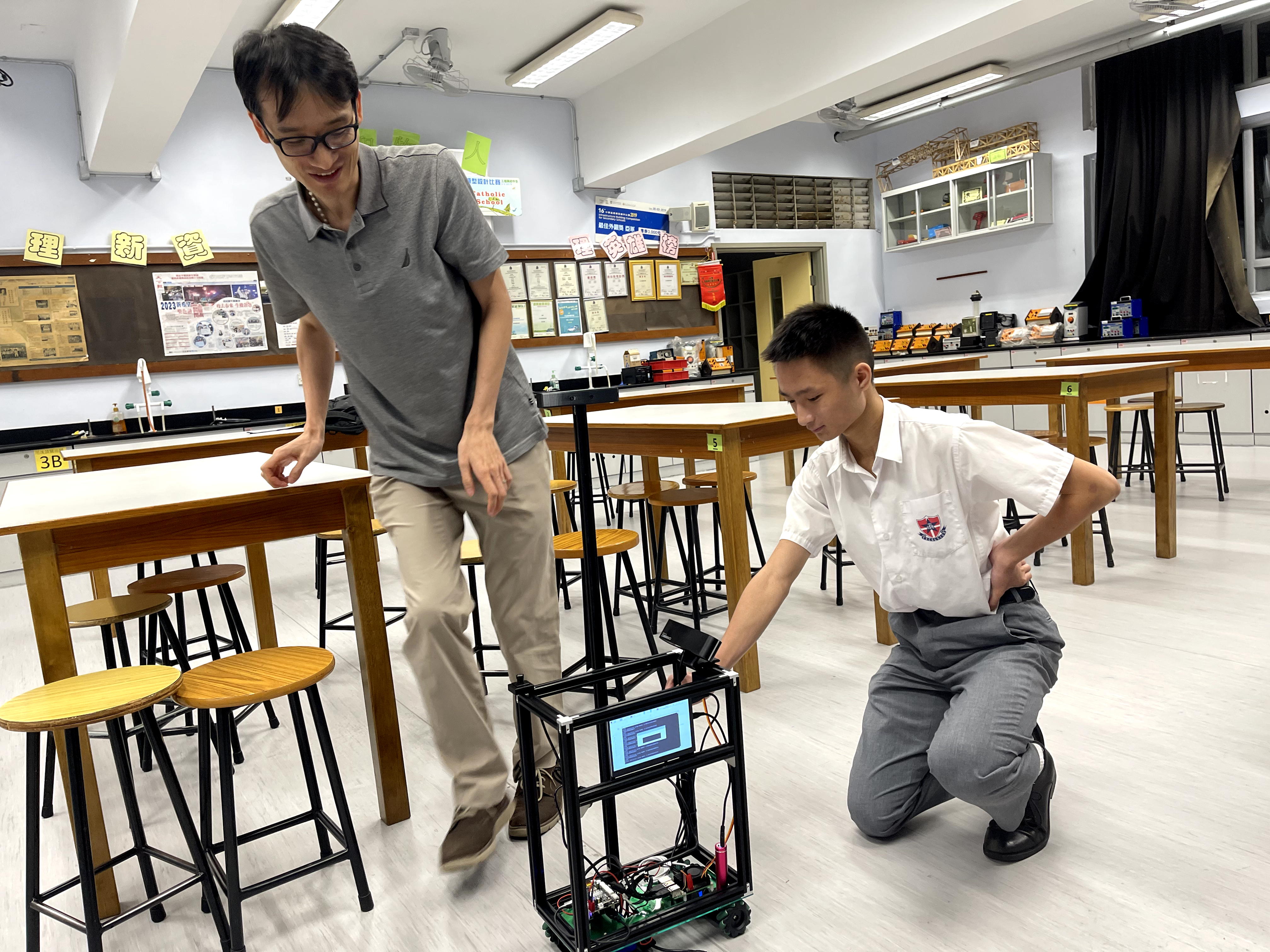
After four years, his team has dwindled to a one-man band, with his former counterparts’ ambitions changing their trajectory. “Everyone has their own goal, while I have found mine from this excursion. At different competitions, I am increasingly amazed by my peers’ brilliant creations, which have reinforced the hope that I may be able to make contributions to the world with my own invention,” he said with steely determination.
After receiving a short-term patent last year, the young inventor confronted hiccups arisen from the limited knowledge and skills he could receive in traditional classroom settings, leading to his upcoming exploration of a broader scope of knowledge at HKUST’s AIS.

“During a former HKUST info day, I was impressed by the sharing and innovations of AIS students, some of whom have even become successful entrepreneurs,” he reminisced. The soon-to-be undergraduate now envisions following in the footsteps of his senior peers at the University in the not too distant future.







